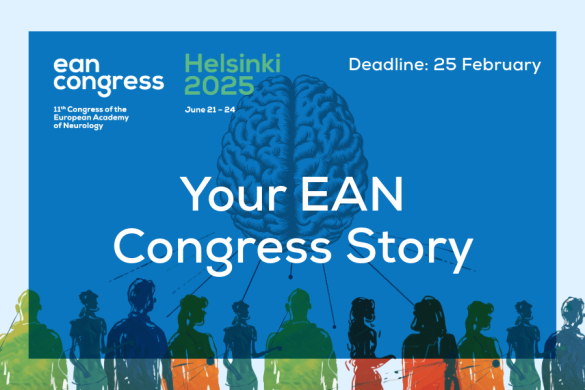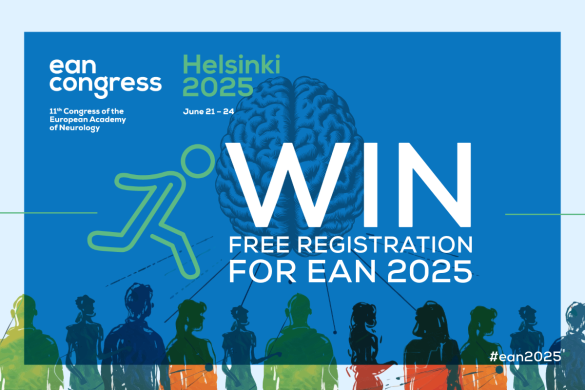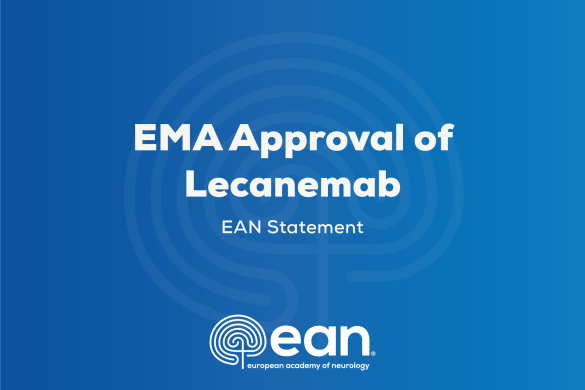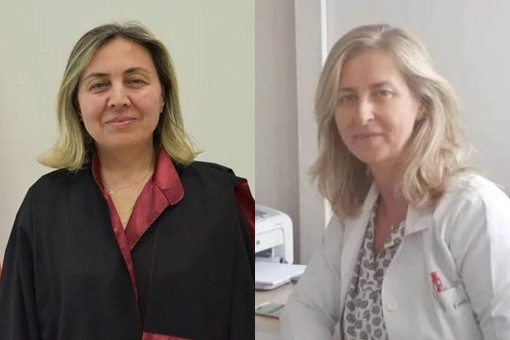
German Society of Neurology – Deutsche Gesellschaft für Neurologie e.V.
1. Please can you describe how services in your region and country are managing the Covid-19 crisis, and specifically the role that neurologists in your centre are playing?
As soon as the dramatic developments in our European fellow countries Italy, France, and Spain came to our attention, an emergency plan was deployed across the country. Besides coordinating logistics of allocating protection gear and respirators, all hospitals with the respective competence and resources in intensive care medicine have systematically ramped up their capacities. At present, more than 10,000 additional ICU beds have been prepared across the country. Many neurology departments have ICU competence and contribute to the general emergency plan. In Germany, 6 months of ICU training is part of the neurological residency. Stroke Unit staff is being trained to be able and help in ICUs, especially training on respirators is important. Stroke Unit beds are being upgraded to fully functional ICU beds with respirators, the same is done with operating theatres and other non-ICU facilities to be prepared for a substantial increase of patients with severe ARDS.
2. What is the most important piece of advice you have for countries that may be a few weeks behind in terms of caseload? What are the most important aspects to prepare for?
Most of the preparatory activities are obvious and concern the logistics of organizing protection gear, test reagents, and ICU capacities. In hospitals, it is of utmost importance to use the time for teaching and training. Besides, an early rigorous implementation of “social distancing” in the hospital is crucial. Telephone and video conferences, telemedicine, and – although hard for families – no or minimal access for relatives of patients to the hospital. Most hospitals are now protected by security services. Wherever possible, teams are split, and one half or third is working in home office so that in case of an infection of staff members a second team can take over.
We believe that rigorous testing for SARS-CoV-2, especially also for IgG against this coronavirus, will provide crucial clarity about the epidemic dynamics and, thus, may help to react in a more differential and targeted way to protect resources and allow for local or regional solutions, as one size does not fit all in this epidemic even within Germany and its locally strikingly differing infection rates.
At present, the political and financial support is outstanding in Germany. However, at least at the beginning of the epidemic, our colleagues in private practice, especially the general practitioners, did not receive immediate attention, e.g., they had no protection gear, nor were they provided with the necessary information on emergency plans quickly enough. The outpatient sector needs to be extremely well prepared in order to be able to help and avoid unnecessary hospital admissions.
3. Are you seeing neurological complications of the viral infection? Can you tell us about your experience in this area?
Anosmia, ageusia, headache, and fatigue are common. However, as of now, we see severe neurological complications mostly in patients that suffered global hypoxia secondary to pulmonary or cardiac complications of COVID-19. This may not be representative and due to the fact that we have not reached the peak yet. Based on data on SARS-CoV, we do expect that thalamus or brainstem affection may also occur in SARS-CoV-2.
4. Do you have any words of encouragement for colleagues across Europe as we stand together to fight this pandemic?
Europe has to stay together. We are currently treating patients from other countries, like Italy and France. We need to help each other out with knowledge, material, and staff. The shutdown of much of public life in Germany has imposed a significant impact on every-day life of the entire society and has, relative to the situation in other countries, been implemented somewhat earlier. This currently enables us to act in a relatively well-structured way, even allowing us to support others. If the next countries attacked by SARS-CoV-2 also prepare rigorously and early, they might be the next ones in a position to help others.













